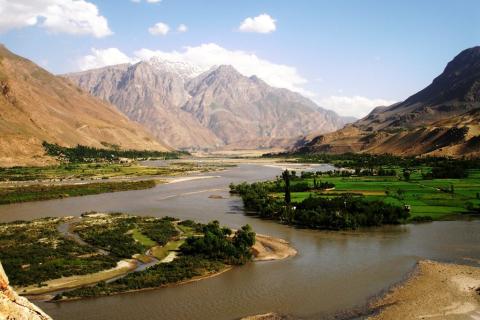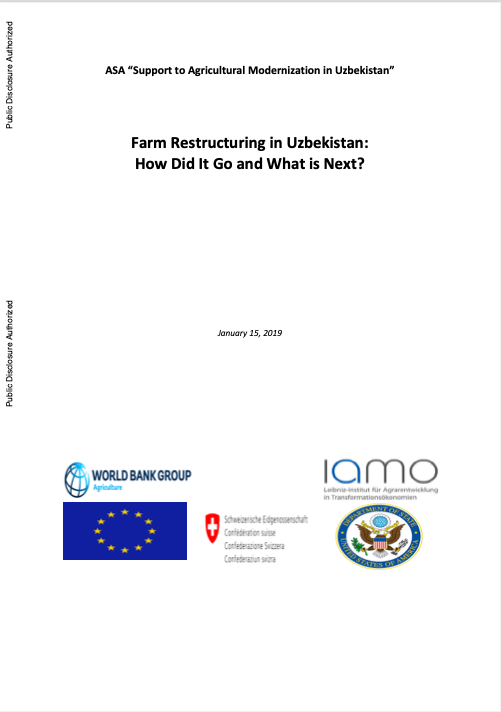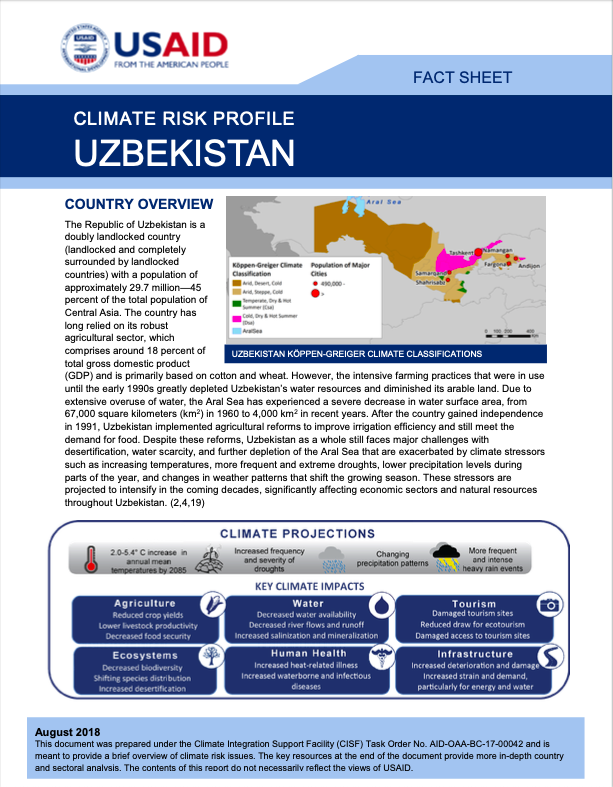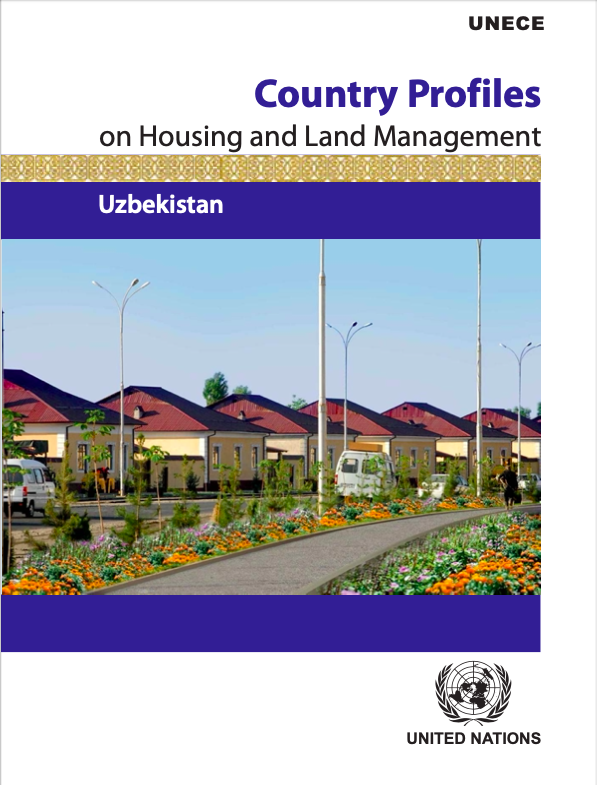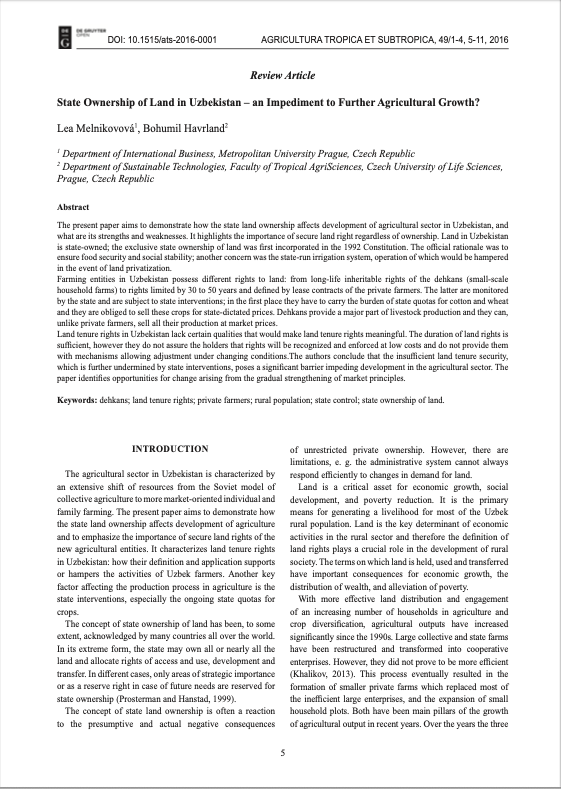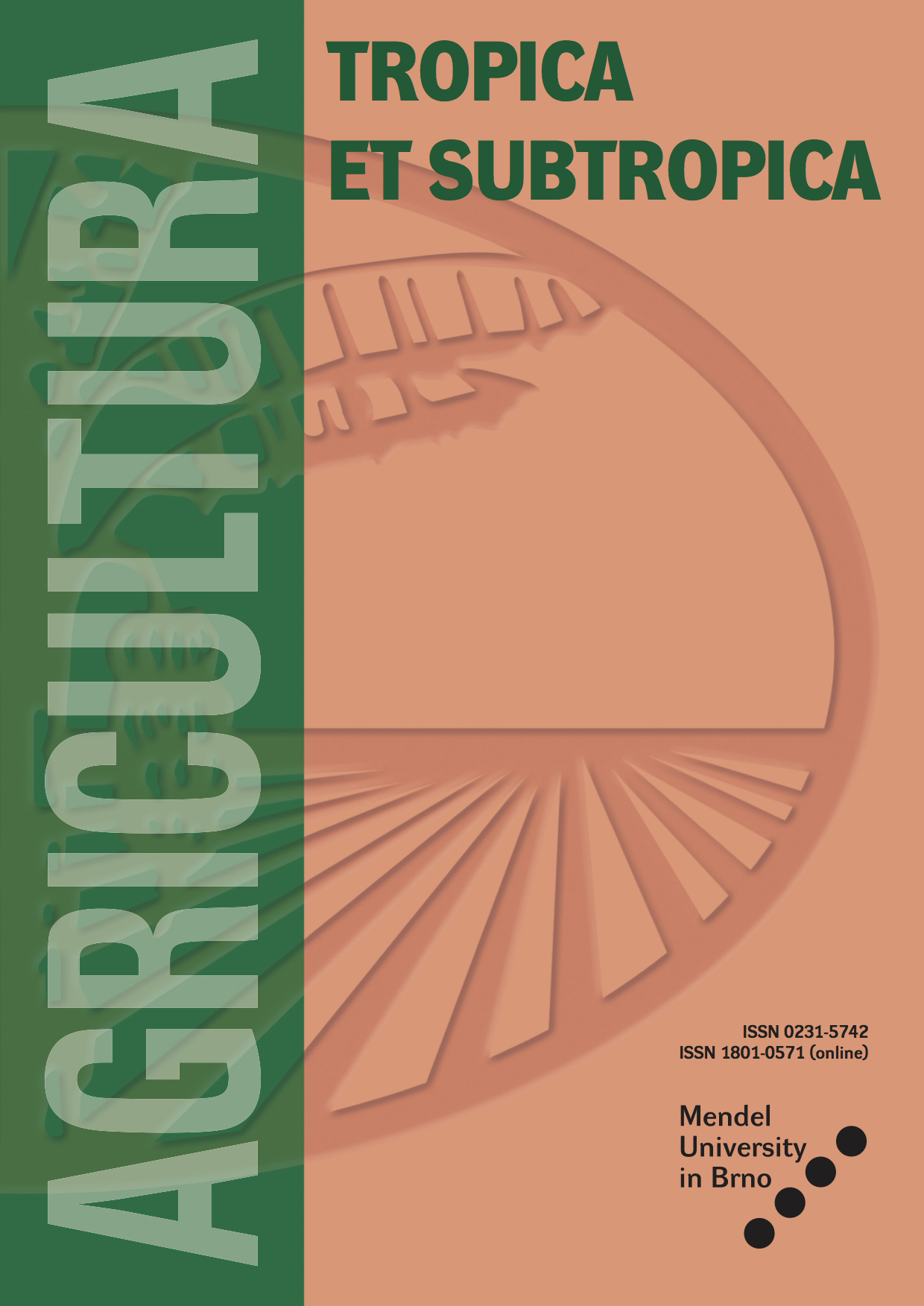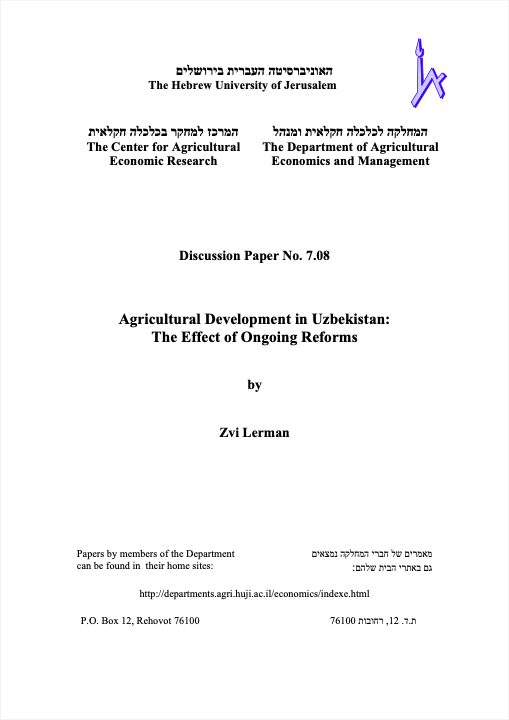
Topics and Regions
Daniel Hayward (UK) worked around Europe for 15 years as a dancer, choreographer and dance writer. Following retraining in sustainable development, he now works as an international development researcher, focused on land relations, agricultural value chains, gender, and migration. As well as working for Land Portal, Daniel is the project coordinator of the Mekong Land Research Forum at Chiang Mai University, and consultant for a variety of local and international NGOs and research institutes.
Details
Location
Contributions
Displaying 461 - 470 of 835Landmark Decision In Pakistan; Balochistan Court Rules ‘Unsettled Land’ In Favour Of Indigenous Tribes
The Balochistan High Court (BHC), in a landmark judgment, has declared that the ‘unsettled land’ of Pakistan’s largest province belongs to the indigenous tribes and not the provincial government.
Despite its low population, the Balochistan province is the biggest federating unit of Pakistan in terms of its size, making up for 43 percent of the country’s total area. 90 percent of the total area of Balochistan is unsettled and undocumented land, according to The Express Tribune.
Afganistán
Peatland on fire again as burning season starts in Indonesia
- Indonesia’s annual fire season has started again, with hotspots detected in 10 provinces.
- Some of the fires have been detected in protected areas with large swaths of peatland.
- The government says it’s preparing to carry out cloud seeding to induce rainfall in affected areas.
- However, environmentalists have called for more traditional methods of law enforcement to prevent fires breaking out in the first place.
Uzbek Farmers Unhappy With President's Order Giving Land To Jobless Youth
Just as many Uzbek farmers began sowing the seeds for this season's crops, President Shavkat Mirziyoev called on them to give some of their agricultural land to young people without jobs.
Farm Restructuring in Uzbekistan: How Did It Go and What is Next?
In January 2019, Uzbekistan started a new farm restructuring1. It is said to seek to optimize the use of farmland by increasing the size of farms producing wheat and cotton, reallocating land to more efficient farmers and even clusters, and improving crop rotation options. This is not the first time that this kind of farm restructuring in Uzbekistan takes place. The country has gone through several waves of farm restructuring and land reallocations. Both these processes were administratively managed, with little reference to market or income generation opportunities.
Climate Risk Profile Uzbekistan
This profile provides an overview of climate risk issues in Uzbekistan, including how climate change will potentially impact five key sectors in the country: agriculture, water, tourism, ecosystems, human health, and infrastructure. The brief also includes an overview of historical and future climate trends in Uzbekistan, the policy context outlining existing climate risk strategies and plans developed by Uzbekistan, and a list of ongoing projects that focus on climate adaptation.
Country Profiles on Housing and Land Management: Uzbekistan
This Country Profile on Uzbekistan is the eighteenth in the series. The country profile programme continues to focus on specific challenges or achievements in the housing and land management sectors that are particularly relevant to the country under review. In the case of Uzbekistan, these issues include housing policies and government support measures for the construction of housing in rural areas; the increased demand for housing of the fast-growing population; and the depleted urban infrastructure inherited from Soviet times.
State Ownership of Land in Uzbekistan – an Impediment to Further Agricultural growth?
The present paper aims to demonstrate how the state land ownership affects development of agricultural sector in Uzbekistan, and what are its strengths and weaknesses. It highlights the importance of secure land right regardless of ownership. Land in Uzbekistan is state-owned; the exclusive state ownership of land was first incorporated in the 1992 Constitution. The official rationale was to ensure food security and social stability; another concern was the state-run irrigation system, operation of which would be hampered in the event of land privatization.
Agricultura Tropica et Subtropica
AGRICULTURA TROPICA ET SUBTROPICA (ATS) is an international peer-reviewed scientific journal published under the authorization of Mendel University in Brno (MENDELU) and managed by the Faculty of Regional Development and International Studies,
- an independent, educational, research and scientific academic body of MENDELU.
Agricultural Development in Uzbekistan: The Effect of Ongoing Reforms
Agricultural transition in Uzbekistan, as in all CIS countries, is driven by a process of land reform, which involves redistribution of land among producers and concomitant changes in farm structure. In this article we review the process of land reform since Uzbekistan’s independence and examine its impacts on agricultural growth and rural family incomes. The analysis is based on official statistics and data from a farm-level survey carried out in 2007.


